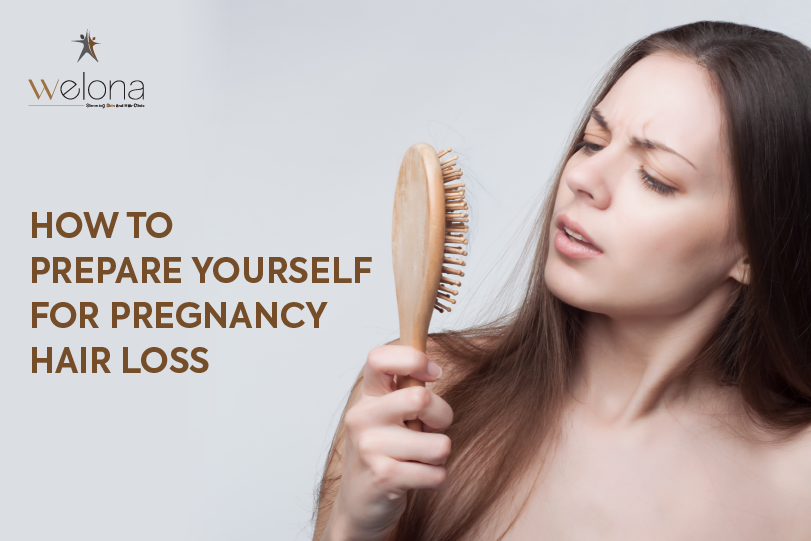
When you are pregnant, your body obviously goes through a lot of change. One of the most common outcomes is hair loss. Hair loss is something women face all over the world when they get pregnant and after they also deliver. This is something that women have grappled with hair loss during pregnancy. However, there are multiple things that you can do while pregnant to ensure that you reduce and prevent hair loss.
To reduce it, you must first understand the many reasons why hair loss could occur during pregnancy. The following are some of the reasons:
Top 5 Reasons for Hair Loss during Pregnancy
Malnutrition:
Malnutrition is rampant in India especially amongst women and children. It is an important reason why you may lose hair. Therefore, it’s important to eat the right kind of food to ensure you have all the proteins, carbs and vitamins that your body requires.
Hormones:
Hormonal changes are inevitable during pregnancy and they sometimes cause hair loss. Hormones rise and lead to sometimes increased levels of estrogen. This leads to hair loss and then eventually after childbirth, it may increase as well.
Sickness:
Sometimes sickness, during or after delivery could trigger hair loss. Typically, some form of medication is avoided during pregnancies. The outcome of which could lead to hair loss.
Thyroid Deficiency:
When there is a dip in your thyroid levels, also known as Hypothyroidism, you could suffer from hair loss. This is something you will need to take a blood test to figure out.
Scalp Skin Disease:
If you have any kind of scalp related disease then that could lead to hair loss. The most common scalp skin disorder is known as scalp psoriasis which develops scaly patches. The hair loss treatment and your outlook often depend on the severity of condition that’s causing the scalp problems.
Given that these are just are some of the reasons that lead to hair loss, there are some things you can do to ensure that you minimize hair loss.
How to Reduce Hair Loss during Pregnancy
Eat healthy:
It is important to eat healthy during and after delivery. Include fruits and vegetables in your diet. The more you eat, the higher the nutrition value for your body that will help in hair growth and limit hair fall.
Comb less:
Do not over comb your hair and avoid being harsh with it. Be gentle and do not use a fine-tooth comb when you do comb. Also, ensure that you do not tie your hair too hard. Especially, wet hair is very fragile. So, ensure that you use the maximum care when combing wet hair.
Massage your hair:
Massages typically increase blood circulation in your head. So, ensure that you get that massage with oil to help hair grow and reduce hair fall. Make sure that the oil you use is good for your scalp and effective. Also, the oil being warm helps increase blood circulation.
Avoid Chemicals:
Your hair is fragile, so ensure that you do not use harsh chemicals on it. This includes chemical hair color and any other kinds of chemicals that you could add.
Use milder shampoos:
Ensure that you use mild shampoos and conditioners. Using hard shampoos and conditioners lead to higher hair loss. Find mild shampoos that are preferably herbal and not too harsh on the scalp.
Take supplements:
If you think your food is not nutritious enough, do not be afraid to take medical supplements for Vitamin B, Vitamin C, Vitamin E and so on. But make sure you consult with your doctor first.
Avoid Blow Dryers:
Instruments like blow dryers and hair straighteners tend to hurt the hair because of the heat they produce. So, try to avoid using them. Even if you do have to, use them in the lowest setting possible.
Talk to your doctor:
If the hair loss is going overboard or is causing you too much stress, ensure you talk to your doctor. It is no secret that stress causes more hair loss. So, consult a specialist who can help.
Hair Loss during Pregnancy is very common, but cannot be ignored. Talk to our expert at Welona and get the best consultation on how to prevent hair loss during pregnancy.

